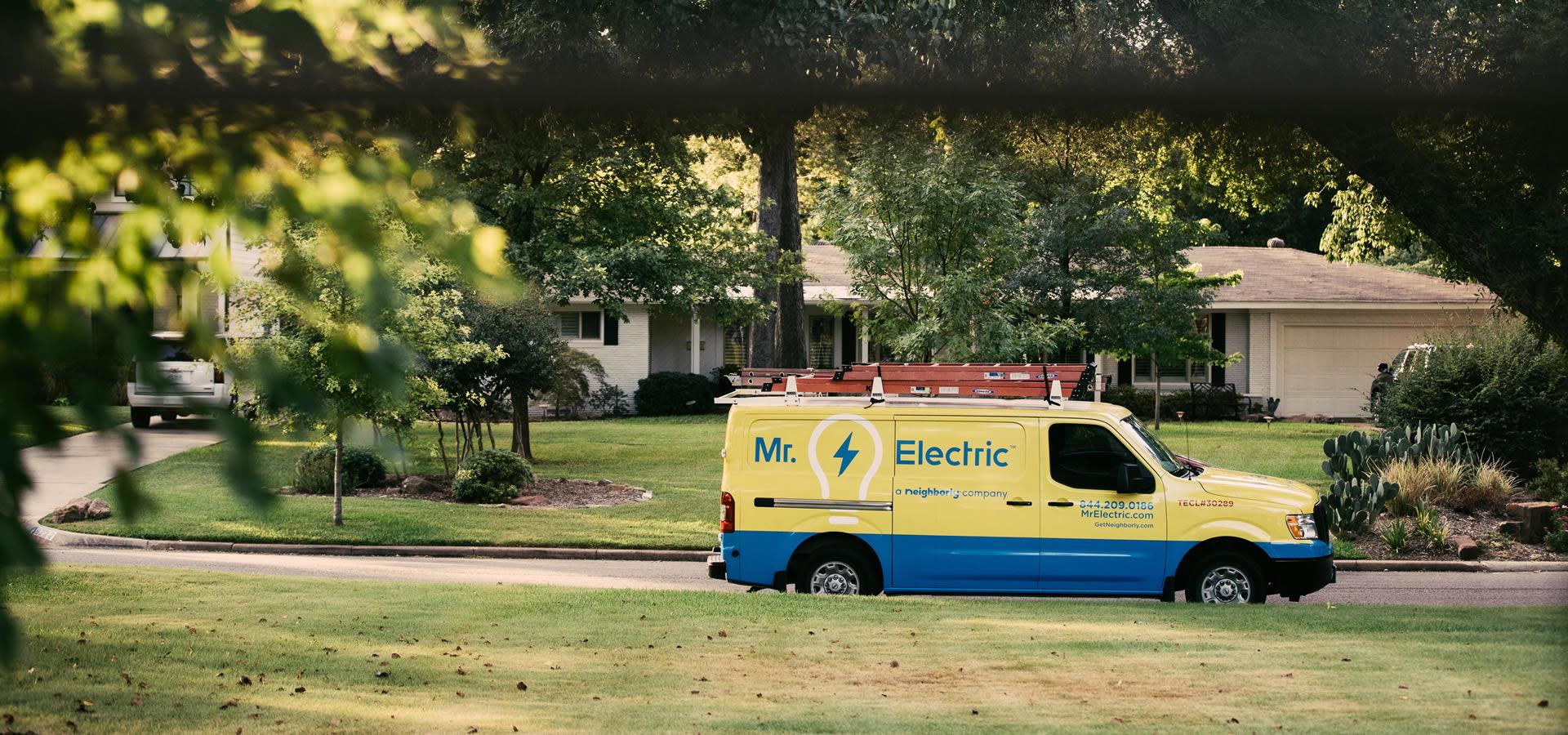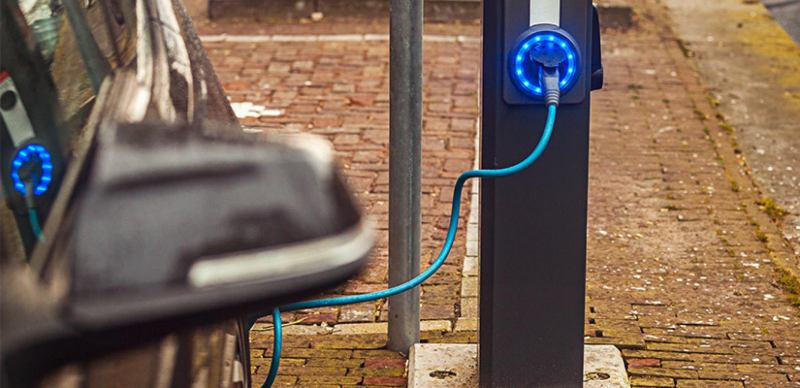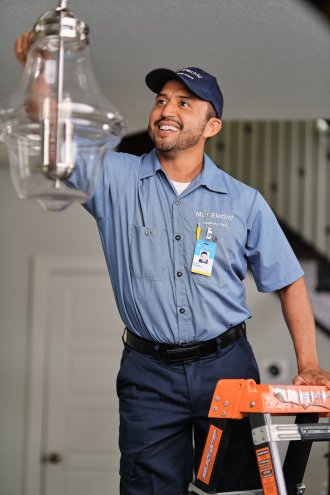Can You Plug An Electric Car Into A Regular Outlet?
If you’re planning to buy an electric car, then you are probably exploring home charging solutions. One question you might be asking yourself, which many people also inquire about, is whether you can plug an electric car into a regular outlet.
The short answer is YES. An electric car can be charged from a regular socket. With the appropriate charging cable, you can plug your electric car into a standard three-prong outlet. As long as the outlet’s voltage and amperage match the requirements of your EV’s charging system, you should be able to juice up your electric car. However, there are downsides to charging an electric vehicle with a regular 110-120 volt outlet. Let’s look at the two major downsides of plugging an electric car into a regular outlet.
Long Charging Time
A regular 110-120 volt outlet will output between 1.3 kW and 2.4 kW, which only adds around 3.2 miles of range per hour of charging. As you can see, using a regular outlet for electric car charging can result in extended charging durations. Even if you plug your car overnight, you’ll only get around 40 miles. While this charging speed can be sufficient for short drives, it is certainly not appropriate for larger vehicles or for long commutes. However, if you charge your EV from a 240-volt outlet, you’ll get almost 25 miles of range per hour of charging. A 240-volt outlet is up to five times faster than a regular 110-120 volt outlet. As an EV driver, your time is precious, and you don’t want to spend countless hours waiting for your EV to charge. It’s best to have a professional electrician install an EV home charging station to help you save time and eliminate the hassles associated with slow charging.
Risk of Fire Damage
Another downside of plugging an electric car into a regular outlet is the potential risk of fire damage. Standard outlets may not be designed to handle the consistent power draw required for prolonged electric car charging. If the wiring or outlet connections are inadequate or worn, they can overheat, leading to potential fire hazards. Most electrical outlets in homes are rated for 15 amps. This means there’s a likelihood of overloading a regular household outlet when you plug an electric car. The last thing you want to deal with when charging your EV is having to reset the circuit breaker every other minute.
The Alternative: Install a 240-Volt EVSE Charger
Instead of plugging an electric car into a regular outlet, it’s advisable to install a 240-volt outlet in your home to eliminate the risk of fire damage while enjoying faster charging. Being able to charge your EV faster means less waiting time.
EV Charger Installation and Service
If you’re ready to install an EV home charging station, call the electricians at Mr. Electric to help you get the job done. We are a dependable electrical service company with years of industry experience and a proven track record in offering a comprehensive range of electrical services, including EV charger installation and electrical repair service. Whether you’re in need of EV charger station installation or repair, give us a call.







